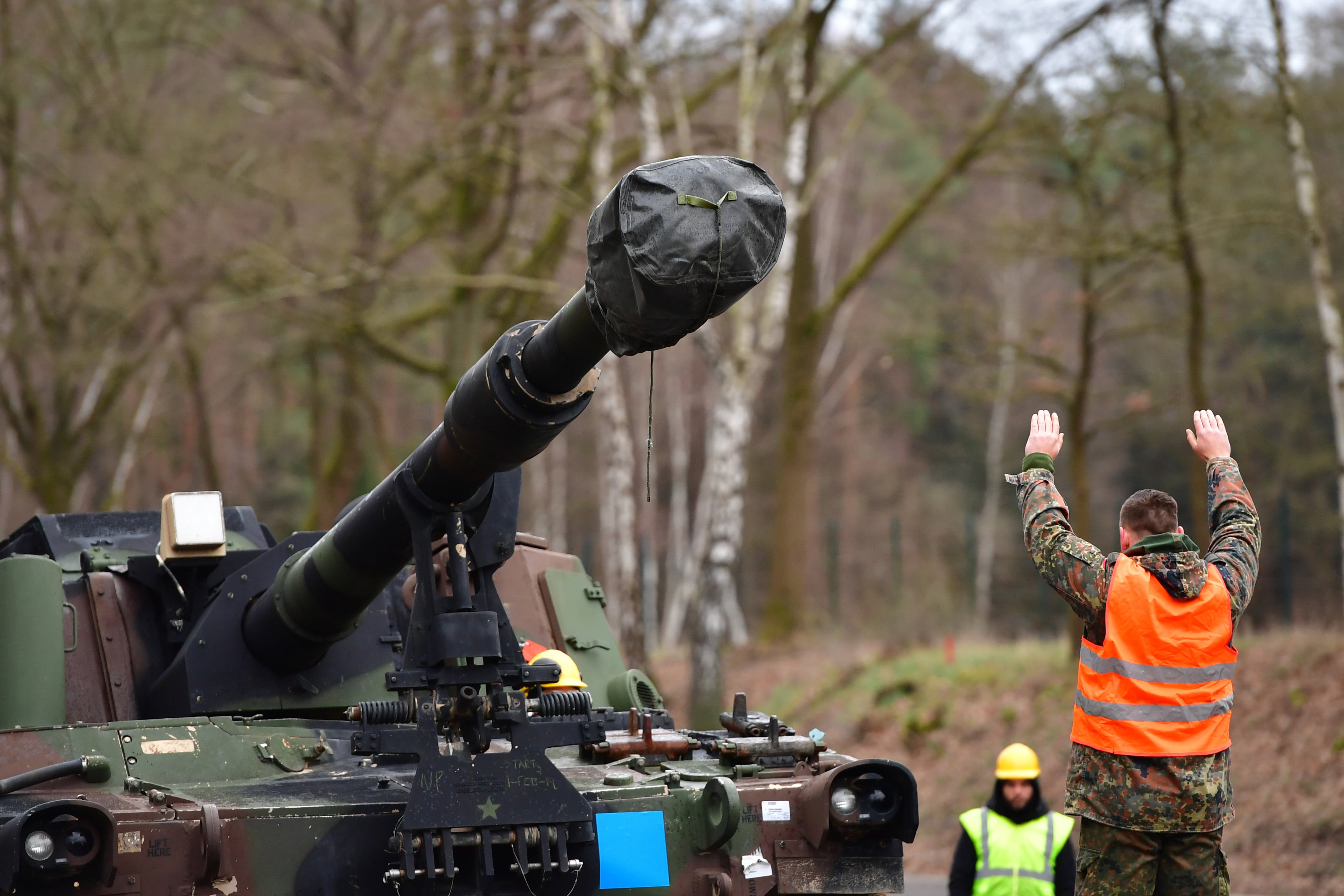MUNICH — German Defence Minister Annegret Kramp-Karrenbauer on Saturday proposed a European Union-led naval protection mission for the Strait of Hormuz, piggybacking on a French initiative already underway.
The proposal follows Berlin’s expression of political support for the French Navy, which last month began patrolling the volatile waterway, a critical chokepoint for oil shipments out of the Arabian Gulf. Germany’s backing is largely symbolic, however, as there are no promises of ships or aircraft on the table.
Speaking at the Munich Security Conference in Germany, Kramp-Karrenbauer said putting the mission under the auspices of the European Union would require “better use” of authorities granted in the bloc’s founding legal texts.
Germans have debated partaking in a Strait of Hormuz mission since last summer, when Iranian forces seized a British-flagged oil tanker transiting the strait. The move was perceived here as an act of harassment of the types of open shipping lanes on which Germany’s economy depends.
Last July, Berlin rejected a request to join a U.S.-led naval protection mission for fear of getting tangled up in shooting war between the United States and Iran.
Germany still holds out hope for the Iran nuclear deal, and any participation in Washington's campaign of maximum pressure on Tehran could compromise whatever prospects are left for the accord's survival.
RELATED

Kramp-Karrenbauer stressed that the envisioned EU mission’s only objective would be to keep shipping lanes open. That means placing an emphasis on surveillance assets to monitor commercial traffic rather than warships built for maximum damage.
Details of the proposal should be hammered out at a special EU summit dedicated to the subject, according to the defense minister, who avoided giving details about Germany’s commitment before an agreement is reached in principle by members of the bloc.
Asked if Germany’s armed forces would be able to support the proposed mission with weapons and equipment given the Bundeswehr’s lackluster state of affairs, Kramp-Karrenbauer noted how some Navy assets are already tied up in the Mediterranean Sea. But, she added, “the Bundeswehr has always managed to carry out all tasks required.”
Meanwhile, Saudi Arabia's top diplomat, Prince Faisal bin Farhan, said his government would support a German role in securing maritime commerce in the Gulf, German newspaper Welt am Sonntag reported.
But it matters little to the kingdom whether such a mission is headed by the United States, France or the EU. “That’s a decision the Germans eventually have to make, of course,” the foreign minister told the newspaper.
Sebastian Sprenger is associate editor for Europe at Defense News, reporting on the state of the defense market in the region, and on U.S.-Europe cooperation and multi-national investments in defense and global security. Previously he served as managing editor for Defense News. He is based in Cologne, Germany.








